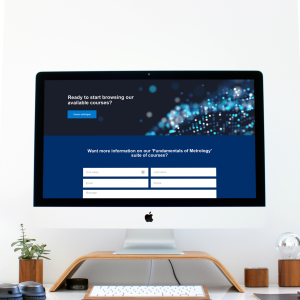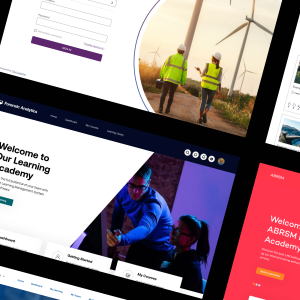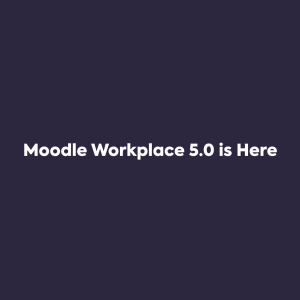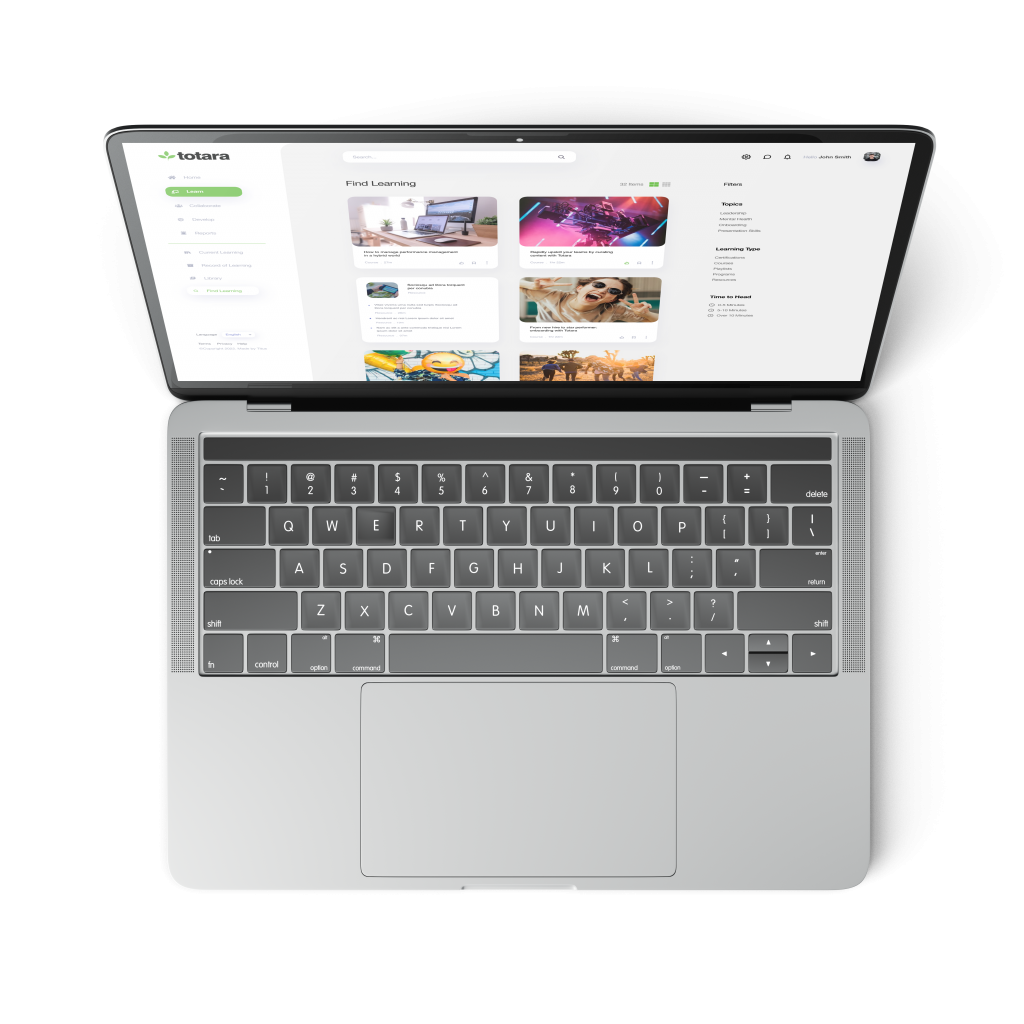We’re pleased to once again feature a guest post by John Mikton, who blogs at Beyond Digital. With 20 years’ experience working in Education Technology and 10 years as a Senior Leadership Team member in International Schools, John is perfectly placed to comment on all things EdTech. John is currently the Director of eLearning at the Inter Community School Zurich and was previously the Director of ICT at the International School of Prague. John is an Apple Distinguished Educator and Google Education Trainer, Common Sense Digital Citizenship: Certified Educator and trainer at the Principal Training Center and AppsEvents.
Disruption for many people generates discomfort, shakes the status quo and breaks routines. We all have an emotional response to this process: for some hesitation, doubt, confusion, fear, anger, bewilderment, and for others excitement, rejuvenation, inspiration, motivation and energizing or a combination of the above.
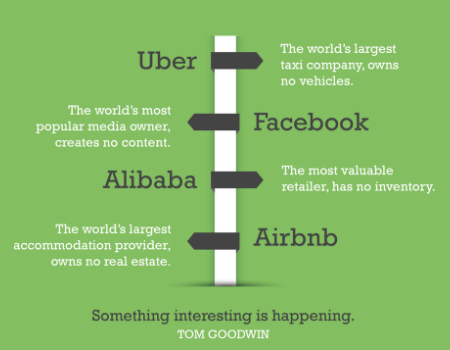
As the students and I further discussed what this means to us here in the classroom, we started realizing a distinct disconnect between the objectives and outcomes of our learning in school and the reality that this image represents. There are two worlds working in very different realms with no clear bridge creating a meaningful authentic connection between them. As one student shared after seeing this video in class, “mmm I find it odd that we are not learning how to make these things in school, or understand how they work or maybe fix them.”
Yes, the world around us is changing rapidly, very rapidly, we know this, we are aware of this, we state this, and are impacted by this daily. However, our role is often that of the passive consumer, unconsciously sucked in by the addictive seamless convenience of the services these disruptions deliver. In our passivity and growing dependence we seem willing to sideline a more critical reflection of what this disruption is doing to us. The engines of this disruption: creativity, machine learning, algorithms, and innovation are driving the ecosystems which are quickly becoming non negotiables with our work and social flows. These disruptions are inevitable and not bad or good, they are part of today’s economic narrative that impacts us all locally and globally.
But in the bubble of “school” there is a sense that it is okay not to engage with this concretely, giving ourselves permission to continue focusing on learning objectives and outcomes tied to a past. As Michael Wesch shares in this TedTalk: From Knowledgeable to Knowledge-Able, what we teach, what we engage as “musts” as part of the learning contract are disconnected from the pressing realities surrounding us. This lack of authentic connection and scaffolding which should provide the skills and cognitive capacity to critically engage with the rapidly changing world are watered down to suit our own educational comfort zone and established routines, which have worked so well for us in the past.
Schools are keen to talk about teaching to students’ future and as George Couros share in his book ” Innovator’s Mindset”, it’s all our future and all of us need to understand and engage with it concretely, not just the kids. Education rhetoric is rich with 21 century skills terminology and on the surface we are okay to dabble with some ideas and changes, but not at the level where we truly have taken on a deep understanding as educators about what this disruption is doing to our world and how we can act as concierges of learning. We need to ensure our students are not simply consumers of the disruption but empowered creators and active participants of the disruption.
A disruption needs to occur in schools with professional development. In a video by Frank Barrett in the Harvard Business Review “To Innovate, Disrupt Your Routine” he highlights the importance of leaders ability to engage in a process where routines are disrupted to generate opportunities for creativity. As an example he uses the wonderful analogy of Miles Davis’ Kind of Blue album and the disruption he facilitated, disrupting routines which had the group enter a discomfort and then supporting them to create something new that changed the face of Jazz.
It is often the case, and I am generalising here, that professional development in schools is focused on pedagogy framed by comfort zones that generate no disruption, learning framed with limited clear connections to the real world, lecture style delivery, and bulleted PowerPoints squeezed at the end of a long day of work. This dynamic can generate a level of disconnect, cynicism and passivity by participants, and dilutes the connection between what we teach and how we tie learning to be authentic and connected to the pressing realities surrounding us.
School leaders need to first disrupt their own professional development. They also need to be bold and challenge their own comfort zones. Through this act, we then experience first hand the process described by Frank Barrett in the Harvard Business Review, and will be willing to mentor leadership teams and faculty to go through a similar process with explicit support and care. If we are going to lead and disrupt our routines to engage in a process where we innovate and create then educators need time, space, support, empathy, and meaningful scaffolding. With this we build the capacity to disrupt their own thinking and internalize how they can take ownership with the process. We need to disrupt professional development learning outcomes, so as to be able to craft a learning narrative connected to a world driven by a new economic reality; one framed by creativity, algorithms, machine learning and innovation. Through this process we can then facilitate a culture where educators become active participants of the pressing realities surrounding us and lead and mentor learning with authentic and meaningful connections to the world of disruptions we are living in.
We cannot expect to authentically connect our students’ learning environments with the rich tapestry of the world of economic disruptions without giving ourselves permission to disrupt ourselves first and shift our professional learning discourse to unpack, synthesis, connect and craft learning outcomes that explicitly provide meaningful opportunities for us to make sense of constant disruptive change, and from there as concierges of learning, choreograph an authentic learning landscape for students. “Disrupt me!”


